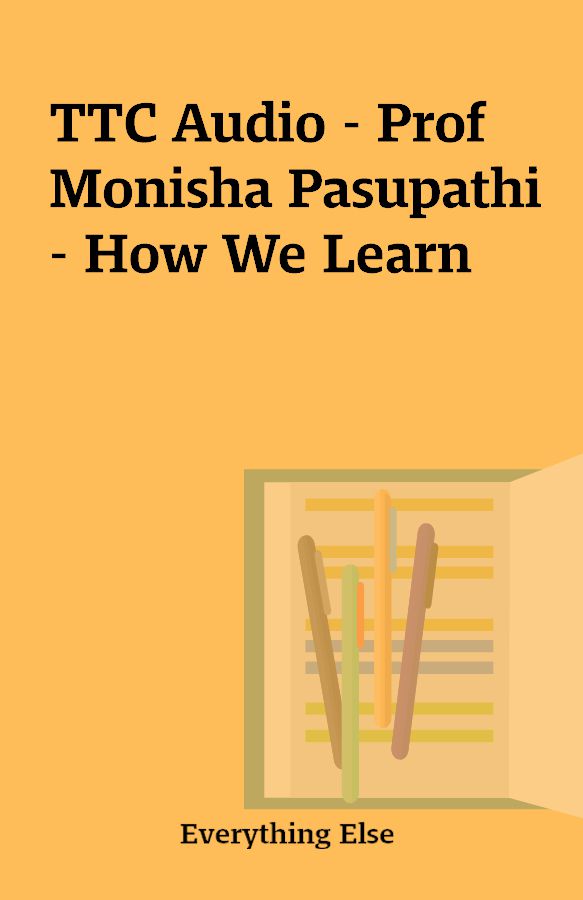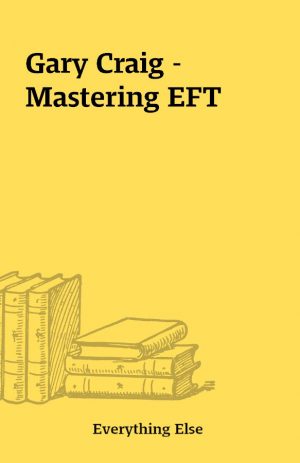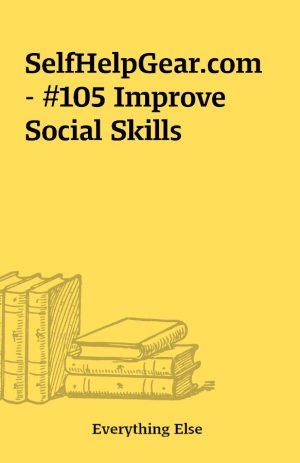TTC Audio – Prof Monisha Pasupathi – How We Learn
TTC Audio – Prof Monisha Pasupathi – How We Learn
[24 MP3]
Description
How We LearnThe Teaching CompanyCourse No. 1691 (24 Audio Lectures; 30 Minutes/ Lecture)Taught by Professor Monisha PasupathiStanford University,Ph.D., University of UtahProduct DescriptionLearning is a lifelong adventure. It starts in your mother’s womb, accelerates to high speed in infancy and childhood, and continues through every age, whether you’re actively engaged in mastering a new skill, intuitively discovering an unfamiliar place, or just sleeping, which is fundamental to helping you consolidate and hold on to what you’ve learned. You are truly born to learn around the clock.But few of us know how we learn, which is the key to learning and studying more effectively. For example, you may be surprised by the following:People tend to misjudge what they have learned well, what they don’t yet know, and what they do and do not need to practice.Moments of confusion, frustration, uncertainty, and lack of confidence are part of the process of acquiring new skills and new knowledge.Humans and animals explore their worlds for the sake of learning, regardless of rewards and punishment connected with success.You can teach an old dog new tricks. In fact, older learners have the benefit of prior knowledge and critical skills—two advantages in learning.Shedding light on what’s going on when we learn and dispelling common myths about the subject, How We Learn introduces you to this practical and accessible science in 24 half-hour lectures presented by Professor Monisha Pasupathi of the University of Utah, an award-winning psychology teacher and expert on how people of all ages learn.What Will You LearnYou start by examining 10 myths about learning. These can get in the way of making the fullest use of the extraordinary capacity for learning and include widespread beliefs, such as that college-educated people already know how to maximize learning or that a person must be interested in a subject in order to learn it.Professor Pasupathi then covers mistaken theories of learning, such as that lab animals and humans learn in the same way or that the brain is a tabula rasa, a blank slate that can absorb information without preparation. Babies might seem to be a counterexample, showing that you can learn from scratch. However, you examine what newborns must know at birth in order for them to learn so much, so quickly.Next you explore in depth how humans master different tasks, from learning a native language or a second language, to becoming adept at a sport or a musical instrument, to learning a new city or a problem-solving strategy, to grasping the distinctive style of thinking required in mathematics and science. Then you look inside the learning process itself, where many factors come into play, including what is being learned and the context, along with the emotions, motivations, and goals of the learner. You close by considering individual differences. Some people seem to learn without effort. How do they do it?Tips on LearningAlong the way, Professor Pasupathi offers frequent advice on how to excel in many different learning situations:Mastering material: Testing yourself is a very effective strategy for mastering difficult material. Try taking a blank sheet of paper and writing down everything you can recall about the subject. Then go back and review the material. Next, try another blank sheet of paper.Second-language learning: Becoming fluent in a second language in adulthood is difficult because your brain is tuned to your native language and misses important clues in the new language. To overcome this obstacle, immerse yourself among native speakers of the new language.Motivating a child: When trying to motivate a schoolchild to learn, avoid controlling language, create opportunities to give the child a sense of choice, and be careful about excessive praise and other forms of rewards, which can actually undermine learning.Maintaining a learning edge: Middle-aged and older adults can preserve their learning aptitude by exercising to maintain cardiovascular health, staying mentally active, and periodically trying a new challenge, such as learning to draw or studying new dance steps.Adventures in LearningWinner of prestigious teaching awards from her university’s chapter of Psi Chi, the National Honor Society in Psychology, Dr. Pasupathi brings today’s exciting field of learning research alive. Her descriptions of ongoing work in her field, in which she is a prominent participant, are vivid and insightful, allowing you to put yourself into a given experiment and ask, “How would I react under these circumstances? What does this tell me about my own approach to learning?”By the time How We Learn ends, you will appreciate the incredible breadth of what we learn in our lifetimes, understand the commonality and diversity of human learning experiences, and come away with strategies for enhancing your own adventures in learning.”Learning is a human birthright,” says Professor Pasupathi. “Everything about us is built for lifelong learning—from our unusually long childhood and our large prefrontal cortex to our interest in novelty and challenge.” And she finds reason for optimism about the future of humanity due to our almost miraculous capacity to learn.About Your ProfessorDr. Monisha Pasupathi is Associate Professor of Psychology at the University of Utah. She holds a Ph.D. in Psychology from Stanford University. She joined the faculty at Utah in 1999 after completing a postdoctoral fellowship at the Max Planck Institute for Human Development in Germany.Professor Pasupathi has been honored multiple times for her teaching. She was named Best Psychology Professor by her university’s chapter of Psi Chi, the National Honor Society in Psychology. Psi Chi also awarded her the Outstanding Educator Award and Favorite Professor Award.Professor Pasupathi’s research focuses on how people of all ages learn from their experiences, particularly through storytelling. She is coeditor of Narrative Development in Adolescence: Creating the Storied Self, and her work has been published widely in scholarly journals.Course Lecture Titles1.Myths about Learning2.Why No Single Learning Theory Works3.Learning as Information Processing4.Creating Representations5.Categories, Rules, and scripts6.What Babies Know7.Learning Your Native Tongue8.Learning a Second Language9.Learning How to Move10.Learning Our Way Around11.Learning to Tell Stories12.Learning Approaches in Math and Science13.Learning as Theory Testing14.Integrating Different Domains of Learning15.Cognitive Constraints on Learning16.Choosing Learning Strategies17.Source Knowledge and Learning18.The Role of Emotion in Learning19.Cultivating a Desire to Learn20.Intelligence and Learning21.Are Learning styles Real?22.Different People, Different Interests23.Learning across the Lifespan24.Making the Most of How We Learn
You must be logged in to post a review.






Reviews
There are no reviews yet.